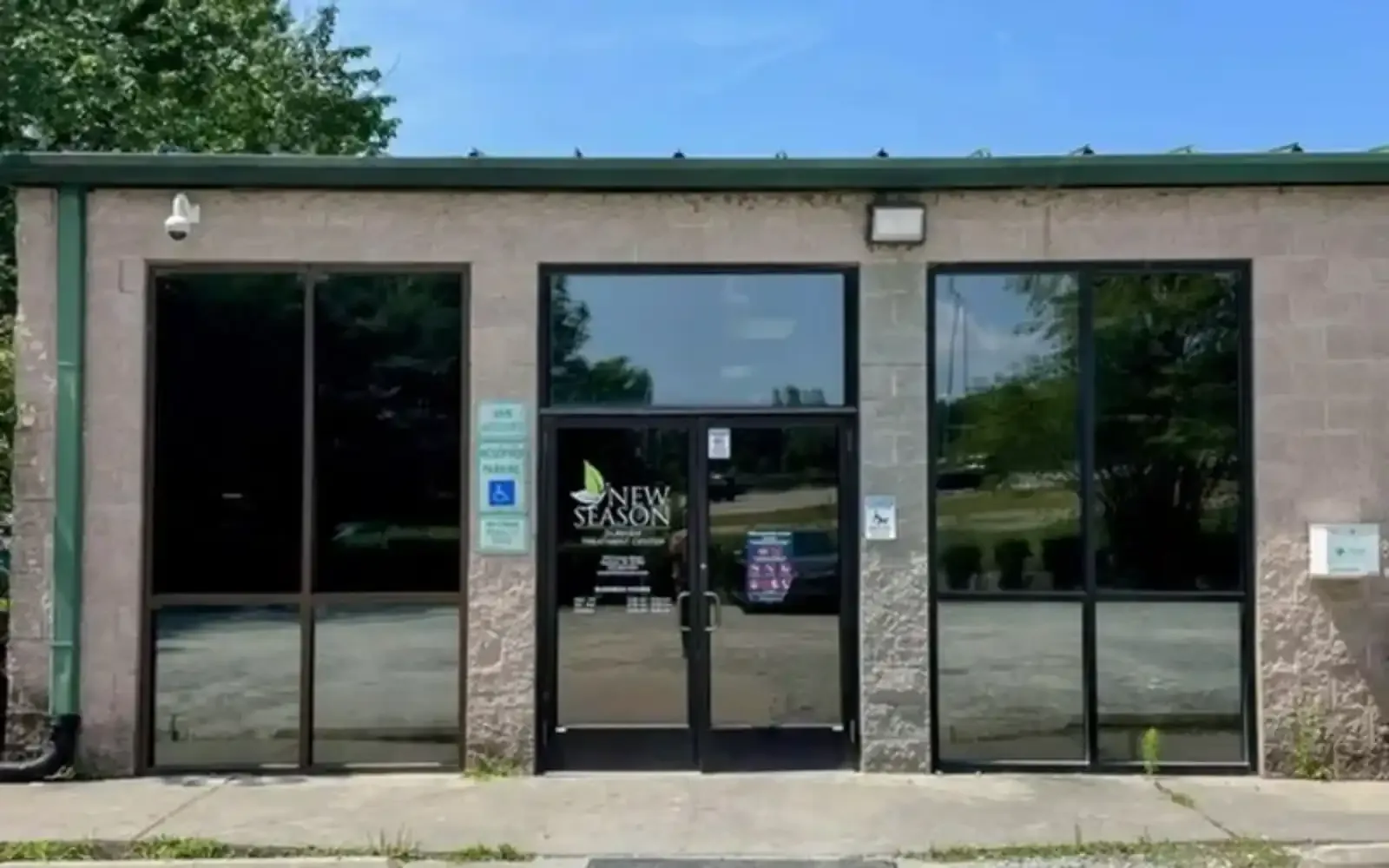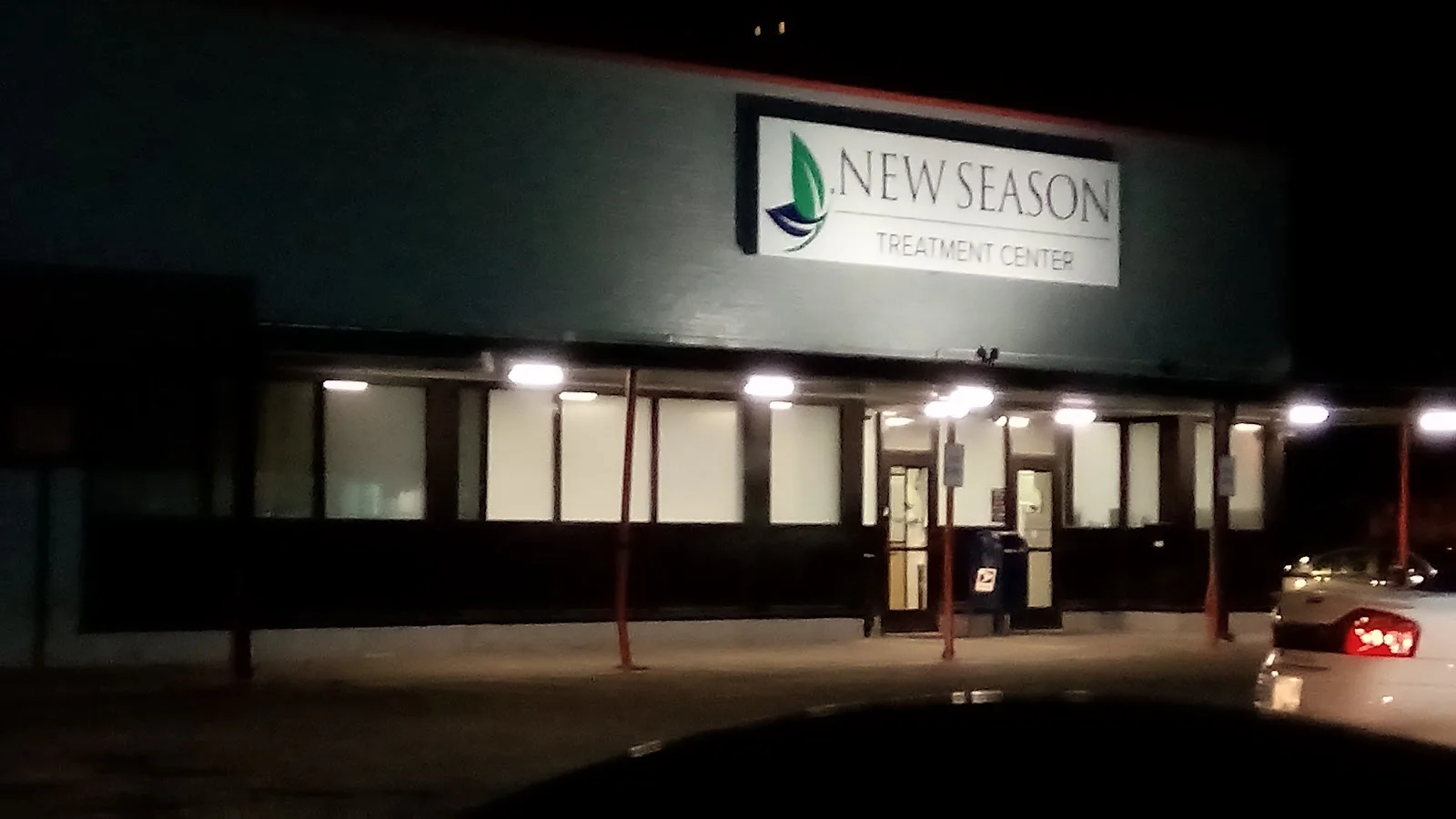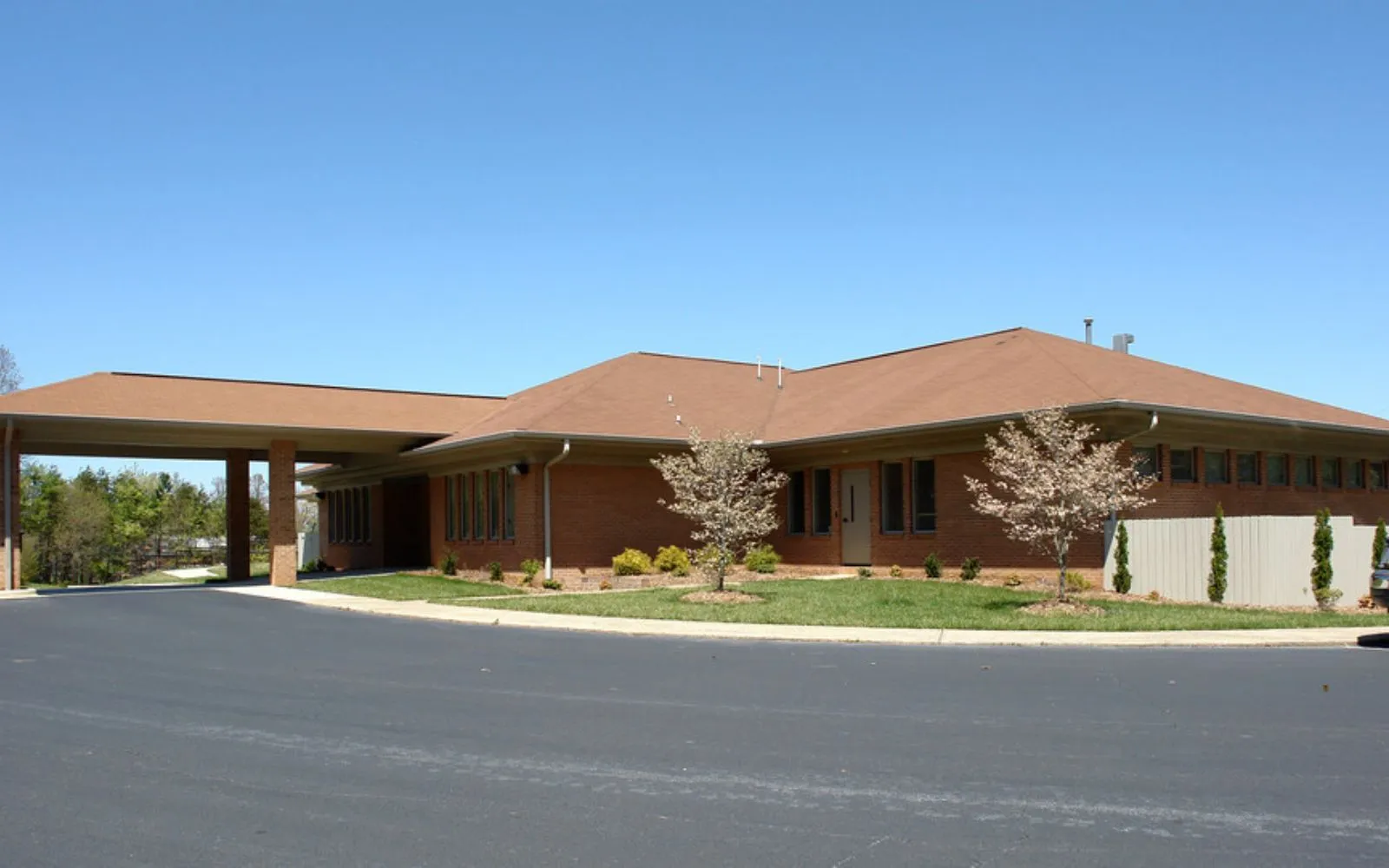Sunrise Treatment Center - New Season Information
Treatment
Who We Treat
- Male and Female
Treatment Focus
- Drug Addiction
- Opioids
- Medication-Assisted Treatment
Approaches
- 12-Step-Based
- Twelve Step
- Family Therapy
- Group Therapy
- 1-on-1 Counseling
- Medication-Assisted Treatment (MAT)
- Relapse Prevention Counseling
Substances We Treat
- Opioids
Languages
- English
Aftercare
- Relapse Prevention Planning
- Outpatient Treatment
- Continuing Care
- Support Meetings
Level of Care
- Outpatient
- Aftercare/Continuing Care
Experience
On-Site Amenities
- Air-Conditioned Rooms
Smoking and Vaping Policy
- Smoking Allowed
- Vaping Allowed
Accreditations
-
State department of health
Government agencies issue State Licenses, granting rehabilitation organizations permission to operate their businesses lawfully within specific geographic regions. The specific licenses needed for legal operation are typically determined by the type of rehabilitation program offered by the facility and its physical location.

-
Drug Enforcement Agency (DEA)
DEA accreditation refers to the process by which a law enforcement agency is recognized by the Drug Enforcement Agency (DEA) as having met specific training, operational, and resource requirements necessary to participate in DEA-led drug enforcement efforts. This accreditation allows the agency to perform DEA-related tasks such as conducting investigations, executing federal search warrants, and participating in joint task forces.
-
SAMHSA certification for opioid treatment program (OTP)
SAMHSA's Opioid Treatment Programs (OTPs) accreditation is a rigorous recognition process that signifies an OTP's commitment to providing high-quality care for individuals dealing with opioid use disorders. It assures patients, families, and the community that the program adheres to evidence-based practices, employs qualified staff, and maintains a safe treatment environment. This accreditation is a symbol of quality and accountability, offering confidence in the program's ability to support individuals on their path to recovery from opioid addiction.
-
Commission on Accreditation of Rehabilitation Facilities (CARF)
Established in 1966, the non-profit organization known as the Commission on Accreditation of Rehabilitation Facilities (CARF) has a dedicated focus on accrediting rehabilitation organizations. CARF's primary mission is to assist service providers, particularly rehabilitation facilities, in upholding and promoting the highest standards of care.

Additional Locations
Sunrise Treatment Center - New Season Accepts The Following Insurance Plans
Find the best treatment options. Call our free and confidential helpline today!









